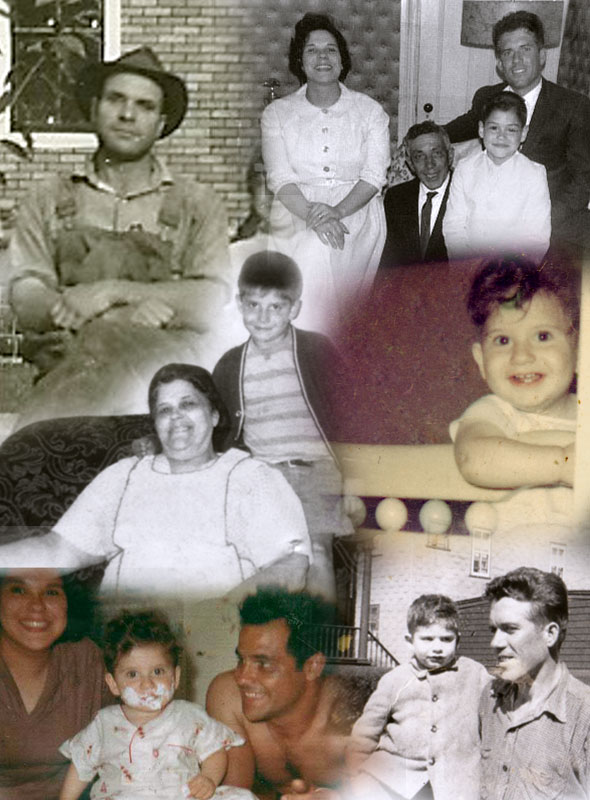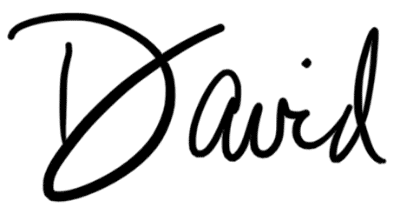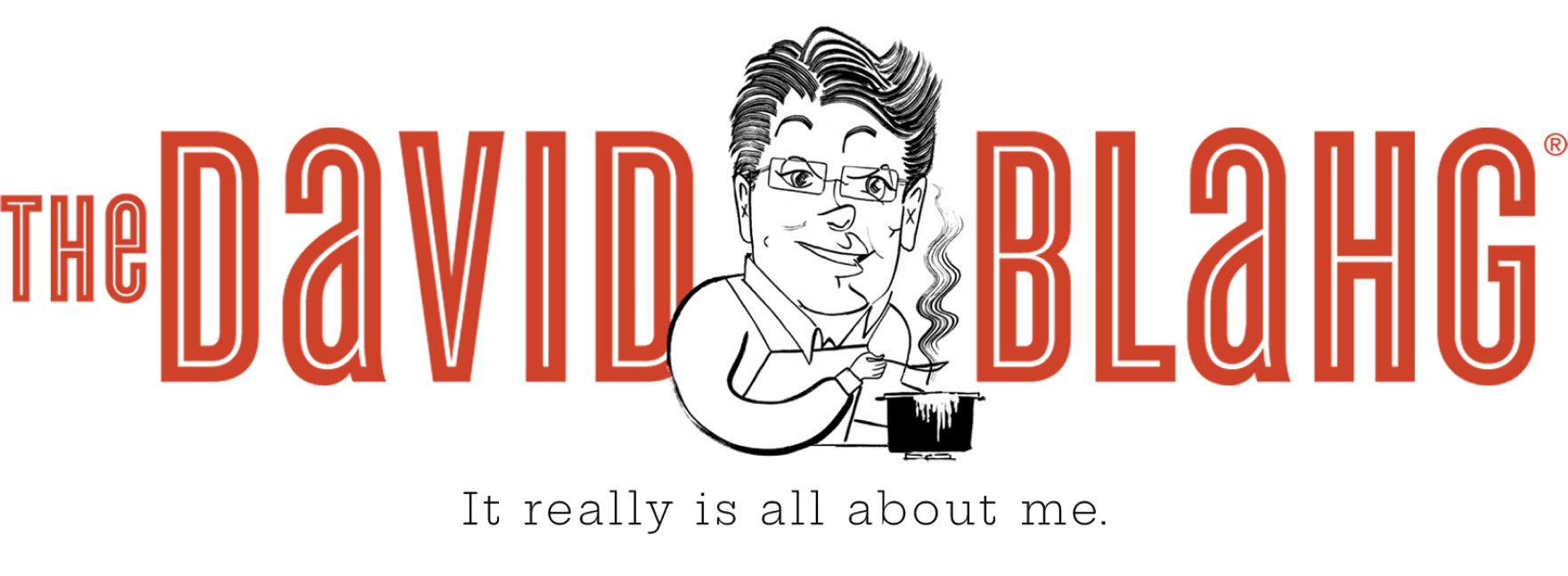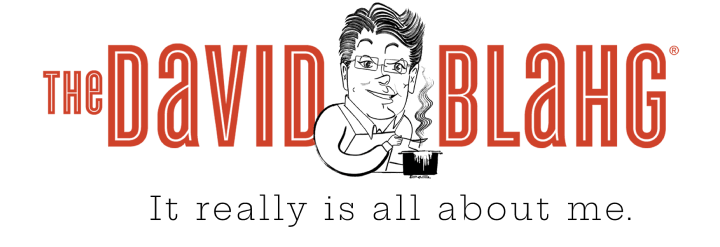
Aside from reveling in all the hoopla, slaps on the back, and drunken evenings of celebration, I’ve learned something so astonishing through the process of committing my story to paper, and I want to share it with you.
In May of this year, when I approached my agent, Joy Tutela, and told her I wanted to put aside writing The Leite’s Culinaria Cookbook and would rather write a memoir, she paused on the phone and asked, “Why?” I explained to her that I was incredibly overwhelmed and touched by the number of deeply emotional comments and emails I received in response to my blog post Bipolar Disorder and Julia Child, My Therapist. Both publicly and privately, people poured out their hearts to me about manic depression: in themselves, their families, their friends. I heard stories of folks who, like me, had gone undiagnosed for decades. People told me, through sobs, of loved ones who had killed themselves because the pain was too much. Others expressed gratitude because the post helped them convince a loved one to go a doctor. I was floored. I didn’t expect this kind of reaction.
That’s when I knew I had to write my story. My whole story.
So for the past six months, I’ve been hunched over my computer writing memories of growing up in Fall River and, later, Swansea, Massachusetts, in a food-obsessed, immigrant Portuguese family. And while food is the theme that stitches the narrative together, also woven into that story are two topics that have tortured me most of my life: bipolar disorder and homosexuality.
As I wrote stories of sitting around dinner tables piled high with food and surrounded by my zany family, periods of black emotional distress, my hysterical and bumbling first sexual encounters with other boys, going to and dropping out of college three times, intrusive suicidal feeling and thoughts, terrifying high and lows of manic depression, and, eventually, the joy of falling in love with The One, I saw the whole of my life. With all of it laid out in front of me in the draft of my book proposal, I understood that this is my reality.
At some point this summer I was crushed when I told my mother one of my fondest memories of early childhood–playing beauty parlor with her while we scarfed down a whole loaf of Sunbeam bread that she’d toasted, buttered, and sprinkled with sugar and cinnamon–and she had no recollection of it. She even asked if, perhaps, I had imagined it. But then I remembered all of the memories my niece, Callie, has of our time together that I simply don’t recall. To a child, whose life isn’t yet crammed with decades of experiences, certain memories can take up more emotional real estate because there’s little competition. So it’s no surprise that my wonderful night with my mother would burn bright in my memory, and to her it was just another Saturday night. Or Thursday. Or Tuesday. Hell, there are memories that The One has recounted–some as recent as this year–that I simply can’t recall. Too much overcrowding in my head.
I came to see that these memories–whether remembered by others or not–are the foundation upon which I’ve made thousands and thousands of decisions throughout the years. These stories, these people, these triumphs and failures are what have made me who I am. And the greatest gift of this experience was that I came to feel–in the unshakable center of my being–that regardless of whether I sold the book or not, I matter.
I matter.
I encourage all of you, writers and non-writers alike, to go to your computers or open a blank journal or dictate into your iPhones and record your stories. Find the breadth of your life. Discover the importance of you. Learn that you matter. You matter.
Now, if you’ll forgive me, I have a memoir to write.













Do you know why you’re what my grandma would call “good people,” David? Because you don’t think telling a truth requires extraordinary courage in a culture where many people think telling the truth is either terrifying or optional.
There is a wonderful book called Storycatcher by Christina Baldwin. In it, she refers to oral (and written) storytelling as fundamental to being human and integral to society on all levels because everyone has a unique and important voice with which to pass on their experiences.
Why, thank you, Renee. I truly don’t think telling the truth is optional. Of course, this will be my version of the truth, how I see it. And neither do I see it as brave. It just is.
David, I just re-read your earlier May post and am again moved as I was before. Your writing is exceptional and I appreciate very much your authenticity and transparency. You remind me that when we show our vulnerabilities, the effect reaches way beyond ourselves. Thank you. I hope the publication date for your book is sooner vs. later.
Debbie, thank you for your kind words. I’m still flabbergasted at the reaction to that blog post. People say what I did was courageous, but all I did was tell the truth. And it seems as if it resonated with people. I hope it continues to, so that it may help people in some small way.
“these memories–whether remembered by others or not–are the foundation upon which I’ve made thousands and thousands of decisions throughout the years”
So true. Every now and then I realize that something I believe, or something I always do a particular way, is based on a tiny fragment of ancient experience that I can barely recall.
I’m glad you are feeling centered in your own journey, David. Onward! 🙂
Thank you, Quinn. It’s just amazing to me how some of these things can shape us, and they happened so, so long ago. And no one seems to remember!